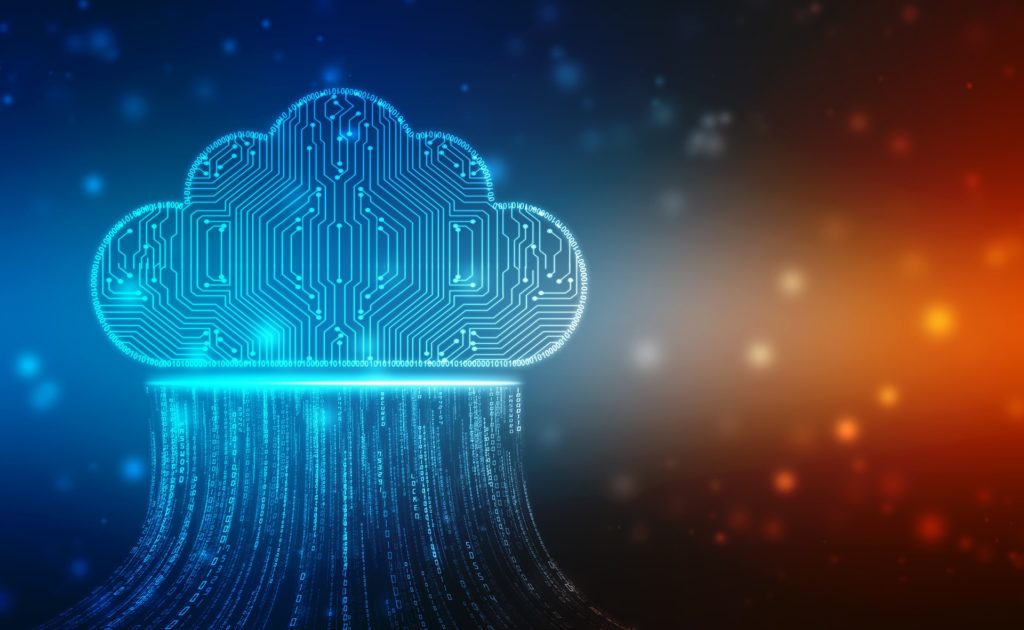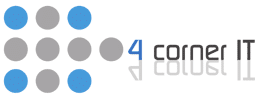Documenting An Information Security Policy During the Pandemic

The work environment that many organizations have today looks entirely different from the working environment they had pre-pandemic. Thousands of organizations now have their employees scattered throughout large geographical regions in environments that are not under the employer’s direct control. While the option to work remotely has saved many a company from going bankrupt, it […]
Hackers Target Cloud Services in the New Normal

Many employees all over the world have benefited from the recent pandemic’s ability to push millions into working remotely from home. With decreased commute times and the ability to work in a more casual environment, many employees are probably hoping to continue to work remotely for some time to come. While employees may be happy […]
6 Cyber Security Must-Haves for Remote Work

The quick transition to remote work that many companies have had to make has revealed security risks that IT professionals are not able to monitor or correct as closely as they would be able to when employees work in-house. To mitigate these risks and protect data, employees will need to follow cyber security best practices […]
Secure Email Solutions for Your Business

We certainly live and work in challenging times these days. With an acceleration in hacking attempts, data thieves, etc. since the beginning of the pandemic, it’s more important than ever for companies to ensure they are doing everything they can to protect themselves from potential security issues. Of course, one of the ways that users […]
Coronavirus Email Scams – What to Look Out For

Unless you have very good spam filters on your email, you have probably already noticed that criminal elements are switching over to coronavirus email scams. You have probably had at least one ad for protective masks get through. Criminals are also likely to approach individuals and businesses who are desperate for money and information alike. […]

